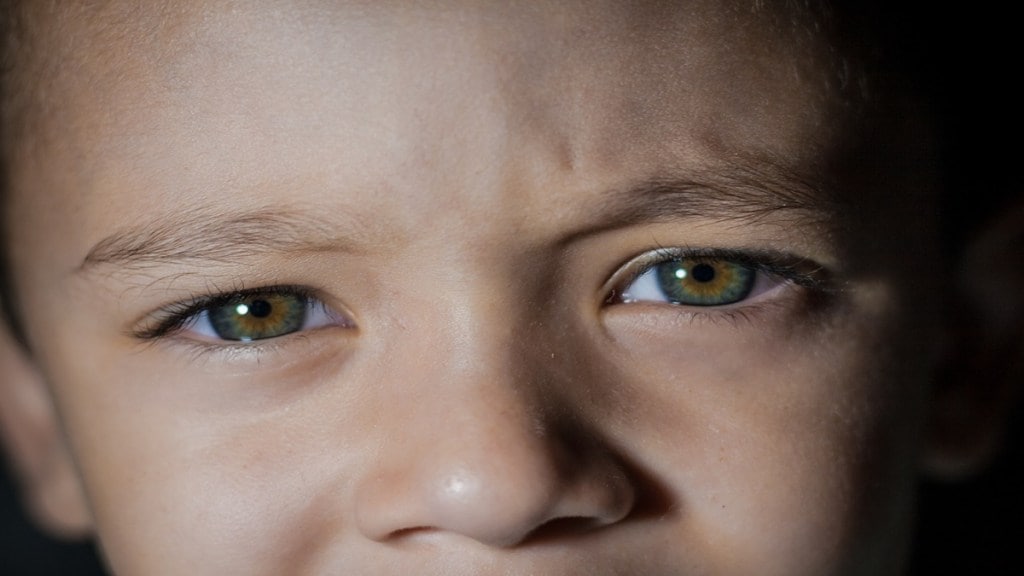A new study has revealed that when young people spend even just one hour in front of screens, they increase their chance of being shortsighted, also known as, myopia. Health experts warn that young children should have limited use of devices and spend more time outdoors.
Myopia is a common eye condition that causes blurry vision for distant objects. Myopia occurs when the shape of the eye prevents light from focusing properly on the retina.
A report by The Guardian reveals that about 40 percent of children and adolescents worldwide could have the condition by 2050. The study highlighted that genetics play a role in who develops myopia.
Meanwhile, other factors that increase risk include not spending enough time outdoors and focusing on things that are close up for prolonged periods, which could explain why screen time has been associated with a higher risk and severity of myopia.
The Korean researchers of the study said that they have shed fresh light on this relationship in an analysis of 45 studies, involving 335,524 participants, that looked at the use of digital screen devices such as mobile phones, game consoles and television.
The researchers also maintain that for those who already had the condition, an additional hour of daily screen time was associated with 54% higher odds of becoming even more shortsighted, The Guardian reported.
The team of scientists found that the risk of myopia rose steeply as daily screen time increased, with 5% greater odds of myopia for one hour a day of exposure compared with no screen use, and 97% higher odds for four hours’ use a day.
The team also added that there was no clear association with myopia for screen use below one hour a day, suggesting a potential “safety threshold”. “For instance, because screen use predominantly occurs indoors, the resulting reduction in exposure to the protective benefits of outdoor environments may contribute to the increased risk of myopia,” the team wrote.


